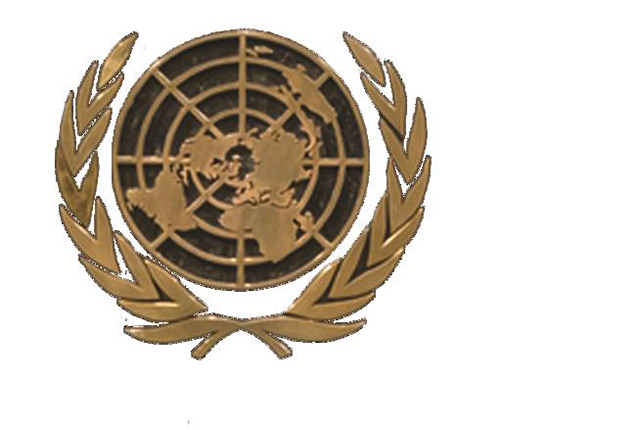A small step for a giant cause

Your Excellency Mr Peter Thomson, President of the 71st Session of the General Assembly; Your Excellencies Heads of State and Government; Your Excellency Mr Ban Ki-moon, Secretary-General of the United Nations; distinguished delegates. The rising scourge of organisms that no longer respond to antimicrobials currently in use poses a serious threat to the health and well-being of mankind and risks reversing the considerable progress registered in health and social development throughout the era of the Millennium Development Goals.
Growing antimicrobial resistance is also a serious impediment to our collective efforts to achieve the 2030 Agenda, particularly its health-related goals and targets. It also threatens the attainment of our overarching goal of poverty eradication and ensuring pros- perity.
No nation can effectively engage in economic activities and pull it out of poverty when even the most mundane of ailments and routine procedures are life-threatening.
Mr President,
Strengthening health systems is essential in addressing antimicrobial resistance. Most developing countries’ health systems are weak, fragmented and unable to cope with complex health crises. Moreover, identifying cases of antibiotic resistance remains a challenge due to inadequate surveillance systems and archaic diagnostic infrastructure for infectious diseases.
We believe that promoting universal health coverage is an essential tool towards strengthening health systems and a sustainable healthy nation. Sustained immunisation, campaigns, as well as other infection prevention strategies, should be used collectively as the first line of defence in our war against infectious dis- eases.
Mr President, the highest level yet on the antimicrobial resistance menace, must broaden its engagement and reach beyond the health sector and explore other initiatives which can:
1. Improve access to safe drinking water and sanitation in order to reduce the breeding grounds for most microbes;
2. Ensure sustained treatment regimes through patient education and provision of adequate food and nutrition for all patients;
3. Promote awareness of the role widespread antibiotic use in agriculture thereby increasing antimicrobial resistance in humans; and
4. Promote research not only into effective antibiotics against so-called suberbugs, but also into viable alternatives to the liberal use of antibiotics in livestock rearing.
We also call for privatisation of one-health approach to antimicrobial resistance that addresses relevant sectors, namely health, agriculture and the environment.
Mr President,
We cannot over-emphasise the importance of international co-operation and collaboration among our health sectors. Today’s meeting is a strong signal to the collective will of the international community to address microbial resistance.
This must be followed up with concrete measures that will go further to address the central issue of ensuring affordability of essential medicines, particularly for developing countries. We welcome the Secretary-General’s High-Level Panel on Access to Medicines in this regards.
Countries must be able to fully optimise the flexibilities under the Trips Agreement in order to promote access to microbials, which are a global public good. We must ensure that measures to control and promote the appropriate use of antimicrobial medicines do not hamper access to much-needed microbials by developing coun- tries.
In conclusion, let me underline the imperative of capacity building for developing countries. Our countries need to be assisted to strengthen their ability to assess the scope of the challenge locally and map out comprehensive response strategies and national action plans which prioritise the one-health approach.
We look forward to continued engagement on this critical issue.
I thank you.







Comments